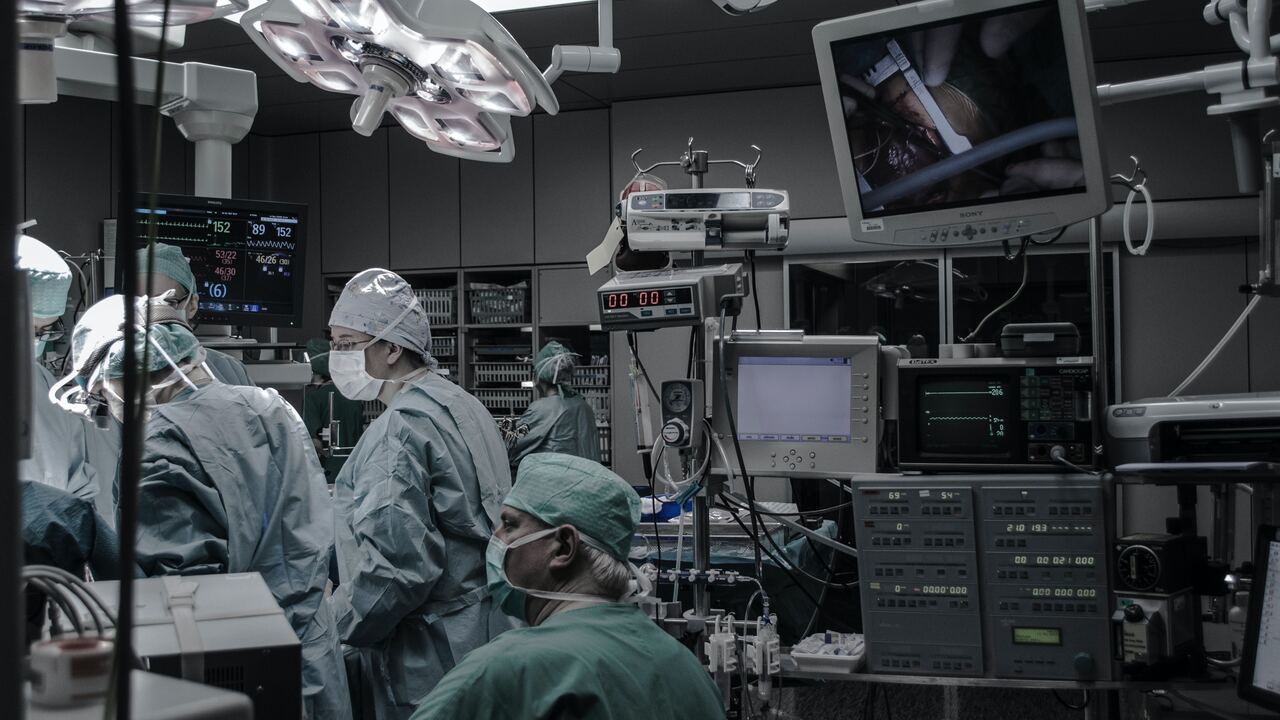Doctors at the National Medical Research Center (NMRC) in Novosibirsk have developed a new prosthesis for rapid implantation in cases of thoracic aortic dissection, a dangerous disease with a high mortality rate. It has a special seamless connection and antibacterial impregnation to reduce post-operative problems. This information was shared by Dmitry Sirota, principal aortic surgery at NMIC.
According to official data, about 280 people in the Novosibirsk region get sick with thoracic aortic dissection every year. In the acute form of this disease, mortality in the first two days is 1-2% per hour. If emergency surgery is not performed, 90% of patients die within the first month. Also, the same number of people suffer from chronic aortic dissection.
The goal of the doctors’ new project was to create a hybrid prosthesis that would simplify the connection between the main aorta and its major branches, making surgery faster and easier. This prosthesis has been patented. This prosthesis allows simultaneous replacement of the ascending, arcuate and partially descending aorta, a worldwide standard technique. However, there are no longer any imported prostheses. Doctors from NMIC, together with engineers from Penza, have developed a Russian hybrid prosthesis that is already ready for installation. However, its implantation requires a highly skilled surgeon, which slows the operation down.
The new hybrid prosthesis was designed with a focus on rapid implantation. It does not replace the traditional surgical suture, but greatly simplifies its procedure. To test the prosthesis, the researchers created a mathematical model of the aortic dissection and a 3D model of the pathological aorta. They also applied an antibacterial impregnation to the wall of the prosthesis to prevent serious complications such as infection. In the near future, scientists plan to test the prosthesis on animals to evaluate its effectiveness and safety.
Source: Ferra
I am a professional journalist and content creator with extensive experience writing for news websites. I currently work as an author at Gadget Onus, where I specialize in covering hot news topics. My written pieces have been published on some of the biggest media outlets around the world, including The Guardian and BBC News.











